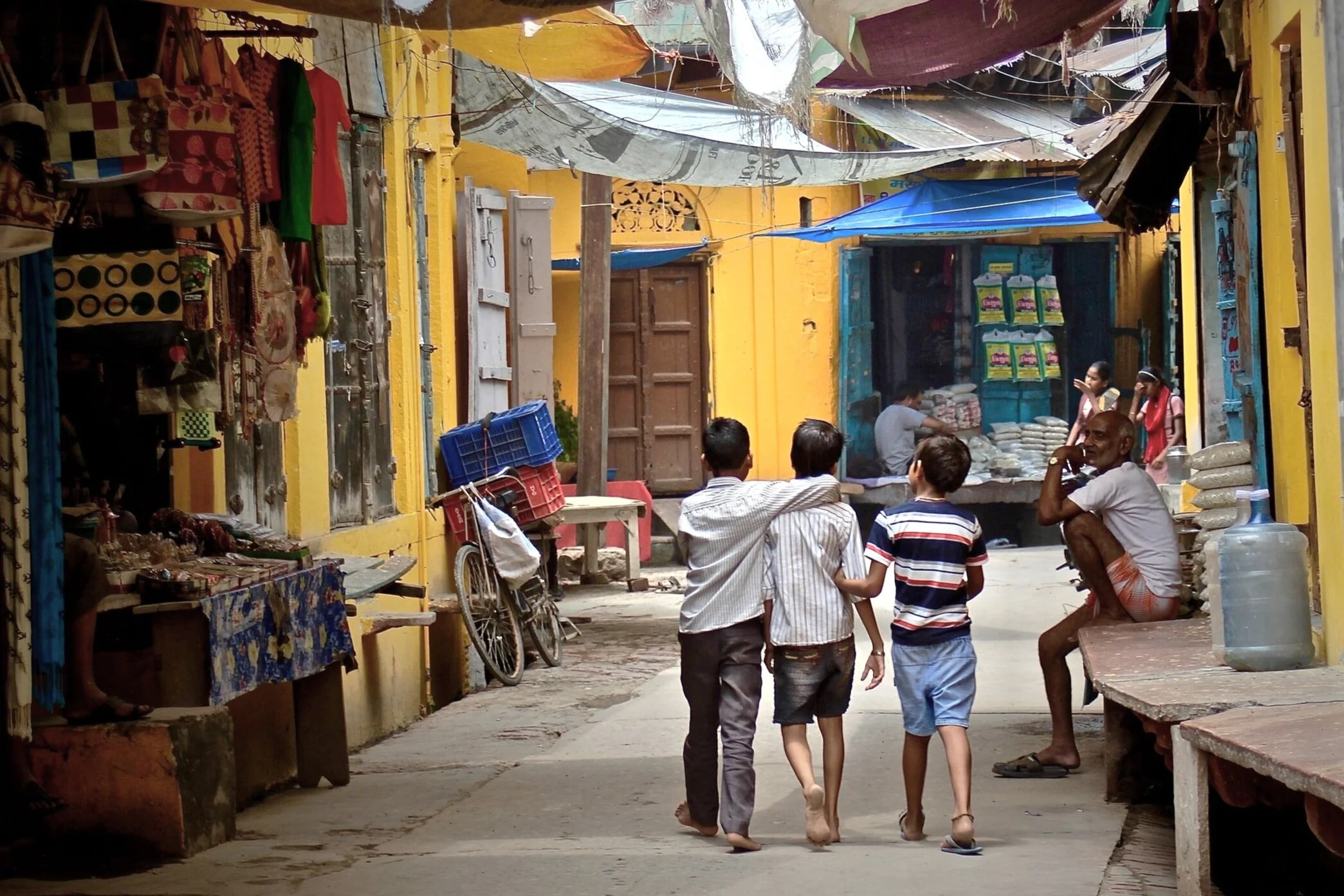
Your support lifts children out of poverty and empowers them to be leaders in their communities.
Children at NPH homes are not available for adoption. Instead, they are welcomed, along with their brothers and sisters, into the larger NPH family. This gives the children a sense of belonging and security in knowing they have a place to live and will always have a home and family.
Each home has enough land to grow crops and fruit trees, ponds to harvest fish, and areas to maintain livestock (mainly cattle, pigs, and chickens). This land provides for approximately 40% of their food needs. Every child has a daily chore, such as dusting, mopping, cooking or farming. This teaches them responsibility and they find pride in helping their family in this way.
Children are raised lovingly to share their possessions with others, be responsible for their actions and work hard in school. All children are given a quality education and have the opportunity to pursue a trade or a university degree.
In a remote lowland village surrounded by trees and expansive green fields, resides the ninth NPH home, Casa Padre Wasson. The Bolivian family began in April 2005 and has expanded to their own property with ten family-style homes that house over 100 children, volunteers and employees.
In the fertile valley resides an old, converted sugar plantation, Casa San Salvador. This site of 130 acres has served as the main facility for the NPH Mexico family since 1970. Always bustling with activity, over 430 children live, play and study in this village of Miacatlán, which is located 77 miles south of Mexico City.
There is no fixed age at which the children leave NPH. They stay until they feel prepared to live independently. Some children may leave NPH and start working after finishing secondary school. Others may stay and attend high school, take vocational training or study at a university. Additionally, when a child has completed his or her education, they are expected to give back to their family by completing a year of service working with younger children, serving in the kitchen, offices, school or farm. During their Family Service, they continue to be supported by NPH. When children leave NPH, they are prepared to be productive, self-sufficient, and caring members of their own communities.
Thousands of pequeños are now self-sufficient adults with families of their own. Many are educators, doctors, accountants, carpenters, farmers, mechanics, artists, administrators and social workers.
Some work for NPH in one of the nine countries where they have homes. Having learned the NPH philosophies of sharing and giving back, others support Friends of the Orphans and NPH by sponsoring children, organizing fundraisers, or attending special events and serving as ambassadors for the organization.